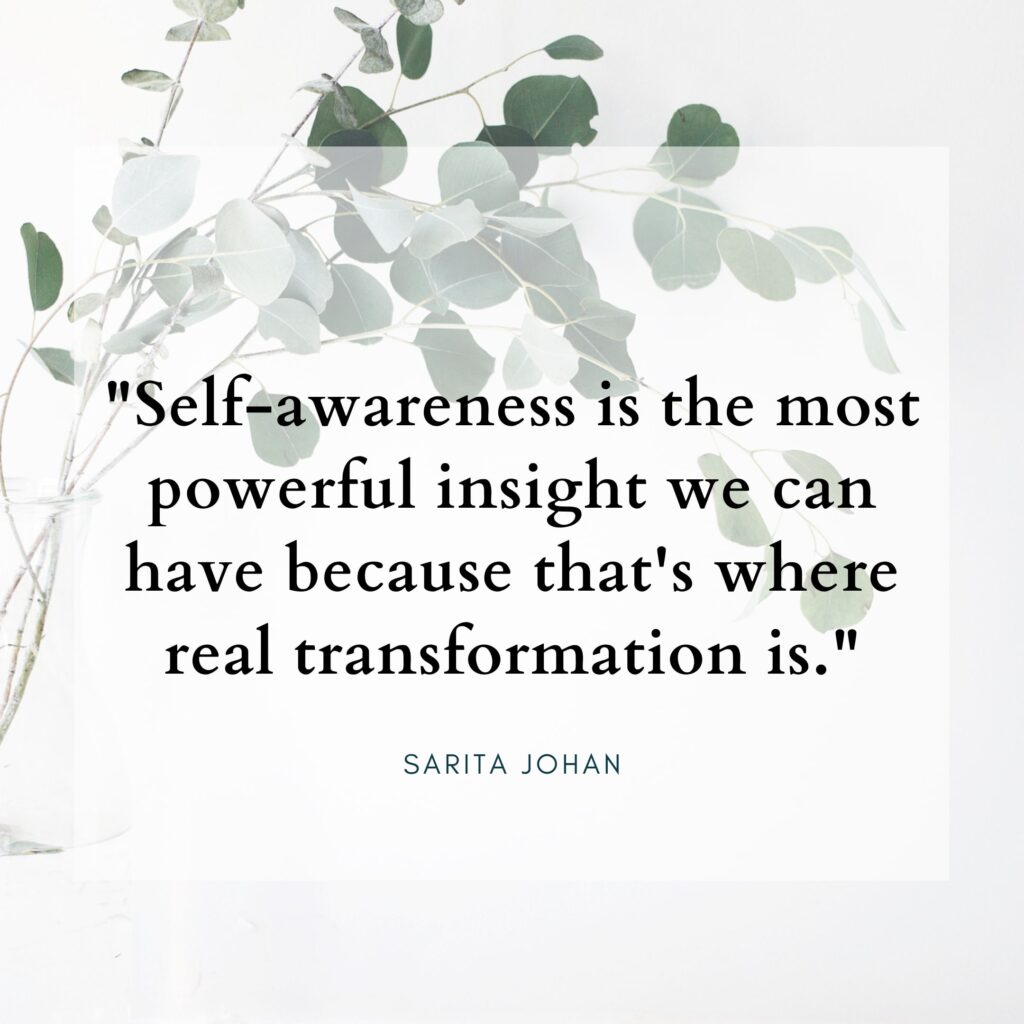Feeling a little stressed, overworked, and lacking enough time these days? You’re not alone. Recreation Therapists and activity workers all around the world are currently being asked to do more. Often, they are expected to do tasks with fewer resources and even lesser time to do it. Even for those who are respected and supported in their programs, they still feel like they need to do more while constantly worrying about the care and support that their clients need.
Self-care is an attitude towards yourself that you and your needs matter. As a professional, we often forget about our needs in order to serve others. However, sometimes we need to take extra care of ourselves to cope up with what’s happening in our lives and most importantly, in our workplace.
Now more than ever, we should make ourselves a priority. If we can’t be the best version of ourselves, how can we offer quality and meaningful services to our clients? Here are some important key points from the recent webinar I had with the Business Coach and Transformation Specialist, Sarita Johan.

Tips and Strategies for Self-Care as a Recreation Worker.
1. Fill your Own Cup
Getting better sleep, eating healthy and nutritious food and working out are the most important steps of self-care. A trivial thing such as looking after yourself is beneficial for our wellbeing. A perfect analogy for this is the “Oxygen Mask Rule”. every time we ride a plane, we hear flight attendants say, “Should the cabin lose pressure, oxygen masks will drop from the overhead area. Please place the mask over your own mouth and nose before assisting others.” Managing our self-care is a key responsibility to maintain our happiness, our physical health and our mental health. It requires consciously planning to include a time in our day to focus on our own needs. If we don’t make this conscious effort, eventually we won’t be able to take care of others.
2. Ask good questions
Communication is a two-way street. It works best when you say what you want, not what you don’t want. Communication can be rewarding if done right or it can be very frustrating. Quite often, communication is also the cause for quarrels and controversy between friends, family or co-workers. Asking good questions is simple but very beneficial. It creates an opportunity for active listening wherein the person you are talking to understands what you are trying to say rather than automatically stepping in to help or fix the problem. Asking good questions, however, is an artform in which recreation workers should constantly work on to get better at.
3. Let go of what no longer serves you
During the webinar, Sarita shared a simple exercise called the 5 by 5. If something is making you worried, ask yourself if it’s going to matter in 5 seconds, 5 minutes, 5 hours, 5 days or in 5 weeks. if not, then let it go and move on. This simple activity will help you slow yourself down.
4. Reflect on your day
Humans are creatures of habits. We do our daily tasks intuitively without having to think about it. We are unaware of what we constantly do. Taking a time to reflect on your day helps us to become aware of the things that we focus our time and energy on. For instance, if something does not inspire you, then you can let it go. Furthermore, reflecting on your day helps you learn from your mistakes and prevent us from repeating those mistakes and failures all over again. Reflections empower us to gain self- awareness. As what Sarita Johan mentioned, “Self-Awareness is the most powerful insight we can have because that’s where real transformation is.”
5. Tap into the power of Gratitude
Gratitude is a powerful way to boost well-being. It is more than just an attitude or mood. Gratitude is a powerful positive energy that leads to increased psychological and physical wellbeing. A state of gratitude is available for us all the time. We only need to change our perception of what is already around us.
As a recreation worker, it’s natural for us to put others’ needs first before our own. Most often than not, we’re on autopilot mode. It’s easy for us to get caught up on the “go go go ” mentality but when you stop trying to please and do everything for everyone, you’d be surprised to claim back so much happiness.
Life is hectic and you can’t always neglect your own needs to fulfill everyone else’s.
